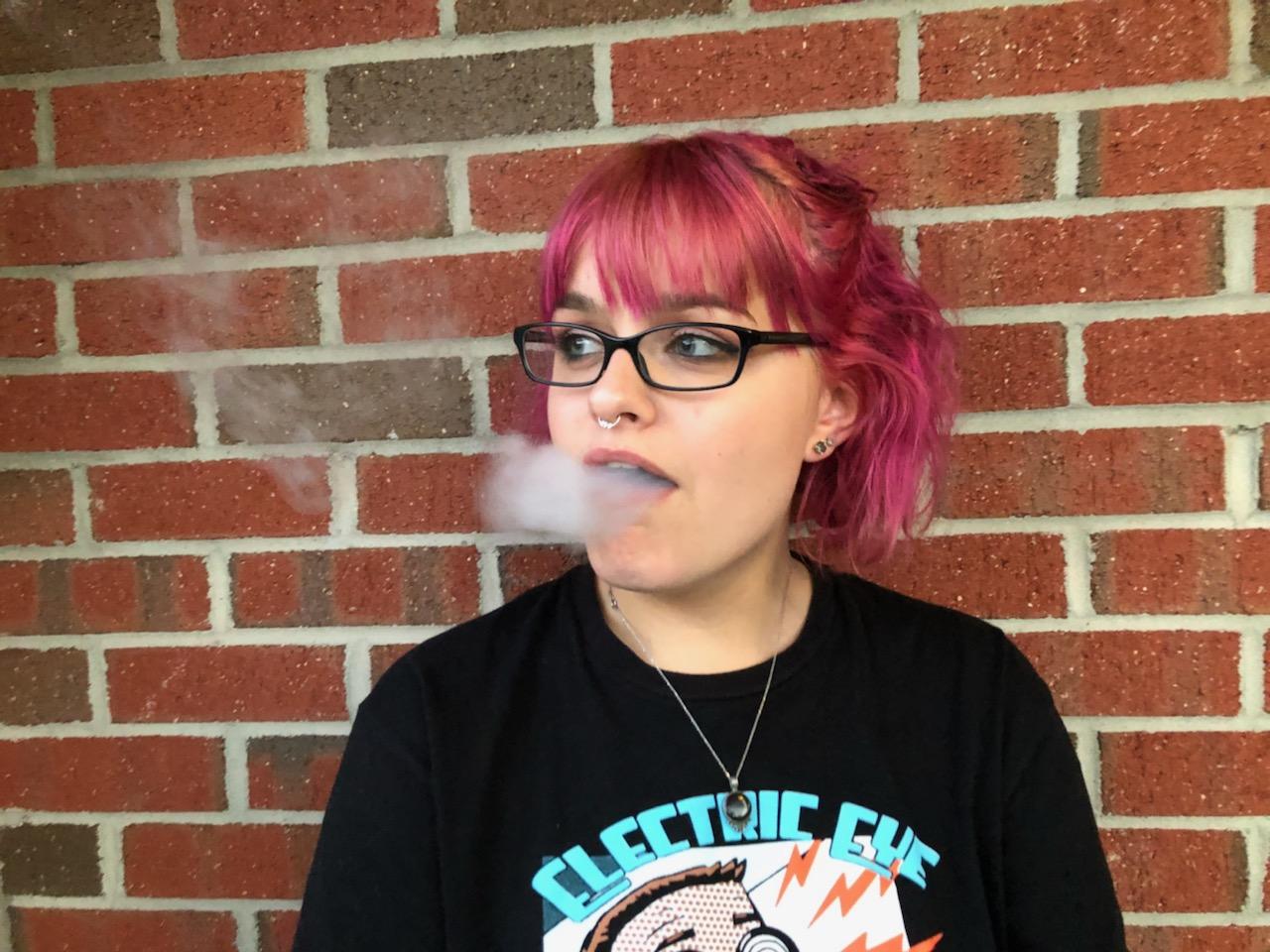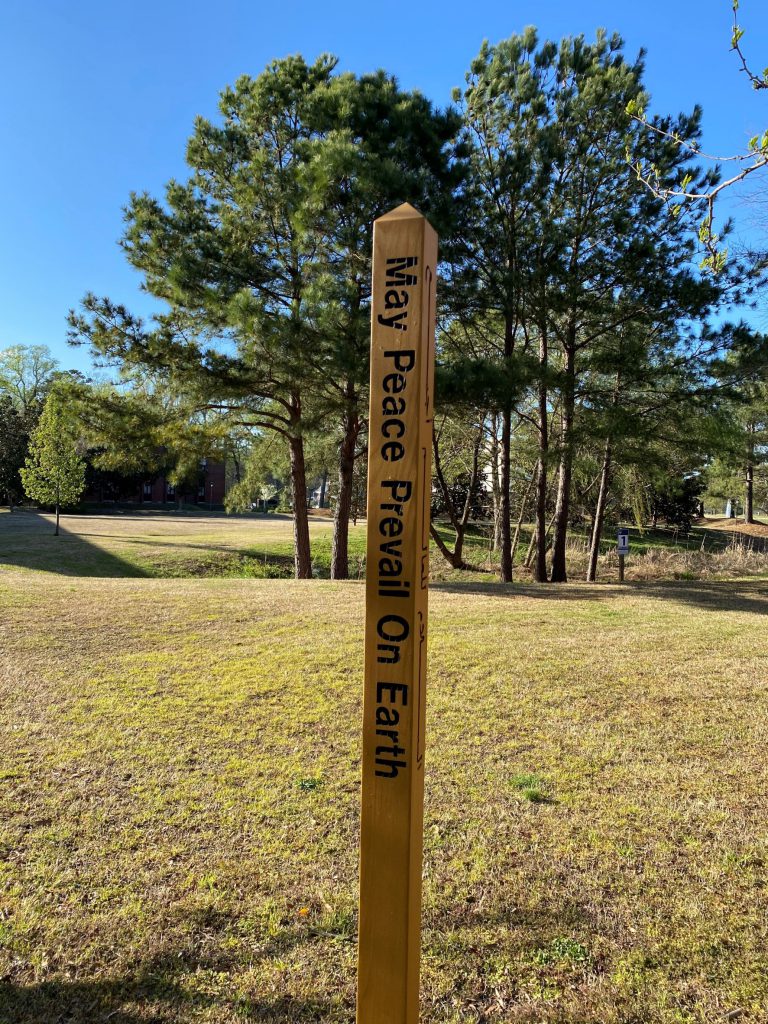Food and Drug Administration (FDA) Commissioner Scott Gottlieb announced “the largest coordinated tobacco compliance effort in FDA’s history” in a press statement slotted for immediate release on Sept. 12. The compliance effort and statement addressed what the Gottlieb described as an “epidemic of e-cigarette use among teenagers.”
“I use the word epidemic with great care. E-cigs have become an almost ubiquitous ‒ and dangerous ‒ trend among teens. The disturbing and accelerating trajectory of use we’re seeing in youth, and the resulting path to addiction, must end. It’s simply not tolerable,” Gottlieb said. “I’ll be clear. The FDA won’t tolerate a whole generation of young people becoming addicted to nicotine as a tradeoff for enabling adults to have unfettered access to these same products.”
As a result, the FDA has announced the launch of the Youth Tobacco Prevention Plan, which “[encompasses] a series of actions to stop youth use of tobacco products, especially the rising use of e-cigarettes.” The Plan has three areas of focus: preventing youth access to tobacco products, curbing tobacco product marketing targeting youth, and educating teens about the dangers of tobacco use.
In the wake of this announcement and the FDA’s new plans to address the “epidemic,” other institutions besides cigarette retailers have been encouraged to look at their own use of and reaction to tobacco. Though there are few minors on Virginia Wesleyan’s campus, the student population as a whole nonetheless reflects the rising popularity of vapes, e-cigarettes and other alternative smoking options.
According to its tobacco use policy, VWU strives to be “diligent” in efforts to achieve a 100% indoor and outdoor campus-wide tobacco-free environment, per the American College Health Association’s recommendation.
However, some students don’t mind the switch from traditional tobacco products to vapes and e-cigarettes.
“I’d rather smell cherry than tobacco,” joked junior Patrick Bausone, referencing the different flavors and smells that vapes come equipped with.
“[But] if you vape you’re four times more likely to develop a smoking habit,” countered senior Aline Misitis, who does not support the use of alternative smoking products. “So eventually you’re going to stop smelling like cherries and start smelling like cigarettes anyway.”
“I’m salty [about it],” Misitis said.
Smoking, including e-cigarettes and the use of smokeless tobacco, is prohibited inside all buildings on campus and within 25 feet of the outside of any building. The university also advises that all smoking should be done in open areas to prevent smoke and vapors from entering into buildings through entrances, windows, ventilation systems or other access areas.
Senior Madalyn Chevalier said that she thinks the smoking policy should be the main factor in the response to vaping or smoking.
“I personally know people who use vaping as a transition while they are trying to quit cigarettes. I think as long as it is contained in designated areas of campus, as [regular] smoking is, then it’s fine,” Chevalier said.
Other students recognize the complications of the issue, and admit to having conflicting or nuanced feelings about the controversy.
Kerstin Hollman, a senior, is one such student. Originally, she said she thought of vaping “like everybody: douchey, gross, disgusting, bad for you. And obviously it is bad for you, [though] I know it’s not as bad as cigarettes.”
“It’s something I would never do,” Hollman said, “but I know my boyfriend does it to calm his anxiety and depression, so it’s something that [now] I’m like, ‘At least it’s not cigarette smoke, it smells good.’ And he’s not trying to push it on me, so it’s fine.”
“It’s a thing that exists in this world,” she said, though the question remains if Wesleyan, specifically, is ready or willing to address the rising popularity of vapes and e-cigarettes.
Wesleyan’s current smoking policy applies to all faculty, students, staff, clients, contractors and visitors during and after campus hours. The policy defines tobacco as “[including] any lighted or unlighted cigarette (clove, bidis, kreteks), cigars, cigarillos, pipes, and other smoking products” and also includes “smokeless, spit or spitless, dissolvable, or inhaled tobacco products, including but not limited to: dip, chew, snuff or snus, in any form (orbs, sticks, pellet, etc.).” Nicotine products not approved by the FDA “as a smoking cessation product,” such as e-cigarettes, are also not allowed.
Nicotine replacement products approved by the FDA, such as patches and gum, are the only exceptions to this policy and will be allowed on campus, “to support those in the process of quitting.”
Wesleyan’s tobacco use policy states that the university “acknowledges and supports the finding of the Surgeon General that tobacco use in any form, active and passive, is a significant health hazard.” This warning follows research done from the American Cancer Society and other medical institutions. The American Cancer Society warns that cigarette smoking can cause serious health problems in children and teens, including but not limited to: coughing, shortness of breath, frequent headaches, increased phlegm (mucus), respiratory illness, worse cold and flu symptoms, reduced physical fitness, poor lung growth and function, worse overall health and addiction to nicotine.
The full tobacco use policy is available on the school website.
The state of Virginia has strict laws regarding tobacco and minors. According to Code of Virginia §18.2-371.2, “No person less than 18 years of age shall purchase, attempt to purchase or possess any tobacco product, including but not limited to cigarettes, cigars, bidis, rolling papers, nicotine vapor products, and alternative nicotine products.” This includes e-cigarettes and other tobacco distribution systems. It is also illegal for minor to buy, sell or possess vapor products.
Breaking these laws counts as a Class 4 misdemeanor. First-time violators can be punished with a civil penalty of up to $100 or 20 hours of community service. Subsequent violations can result in a penalty of up to $250 or 40 hours of community service. Buying tobacco or cigarettes from a vending machine still counts as a violation.
An individual or separate retail establishment selling tobacco to minors can be punished by a penalty of up to $100 for the first violation, up to $200 for a second violation and up to $500 for any violations thereafter. If a court finds that the retail establishment also has no youth access training program, a penalty of up to $1,000 may also be given.
If required by their employer, minors may sell tobacco to people 18 or older. However, they still may not personally possess, buy or use the tobacco or tobacco products.
Virginia law further limits tobacco use depending on location. Tobacco use is prohibited in many businesses, schools, restaurants and other public places. Anyone who smokes in a designated “no smoking” area or who continues to smoke after being asked to desist may be subject to a civil penalty of up to $25.
As the popularity of alternative smoking methods rises, most notably vaping and e-cigarettes, such designated non-smoking zones have struggled to update their policies and contend with the distribution and use of such products. In particular, schools have set strict regulations to prevent the use and mitigate the effects of these products.
To aid schools in this endeavor and as part of its Youth Tobacco Prevention Plan, the FDA sent notices to five e-cigarette manufacturers—JUUL, Vuse, MarkTen, blue e-cigs and Logic—whose products were most noticed during an “enforcement blitz” to address the sale of tobacco or smoking products to minors. Collectively, the five manufacturers represent more than 97 percent of the current e-cigarette market. The companies were given 60 days after the notice to create “robust plans on how they’ll convincingly address the widespread use of their products by minors.” If the companies fail to do this, the FDA will “revisit” their “exercise of enforcement discretion.”
“Let me be clear: Everything is on the table,” Gottlieb said. “This includes the resources of our civil and criminal enforcement tools. … If violative activities are found, the FDA has both civil and criminal remedies at its disposal.”
Mickella Rast
mjrast@vwu.edu


